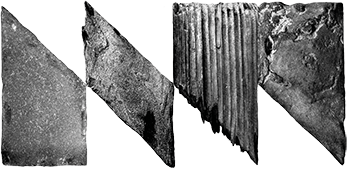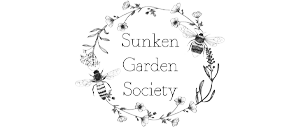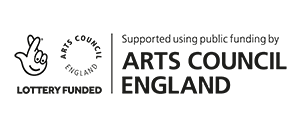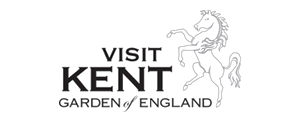Christina Peake
Aquapelago
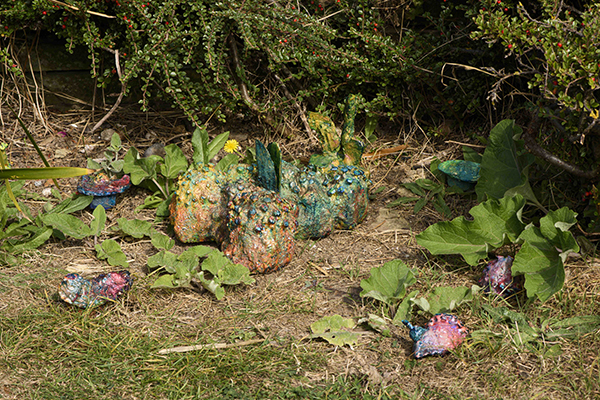
(Aquapelago refers to an assemblage of marine and terrestrial elements in which the aquatic spaces are key to community livelihoods and to communities’ senses of identity and belonging)
The Sunken Garden has been restored and maintained by the local community since 2018 who have informed the contrasting species selected. The microcosm and microclimate of the garden illustrate the wider global cultivation of species; from proto-colonial scientific missions and the subsequent colonial migration and diasporas of flora and fauna, to their permanent settling in a 1930s British coastal garden. Around the corner from the garden, Phil’s Corals is a unique example of biodiversity being locally cultivated. This coral growing practice feeds into wider conservation programming and talks to the terrestrial and marine elements that border the Sunken Garden. ‘Aquapelago’ is a collection of sculptures that emulate coral formation. Made from organic materials and scattered across the garden among plants, they turn the garden into an aquapelagic site, where marine and terrestrial elements cohabit, identities mix, and previously unlikely communities form.
Statement
My art practice draws on individual testimonies and historical narratives to create new worlds. I seek to absorb bodies of knowledge and immerse myself in natural worlds, people, community and place to weave together stories in artworks and engagement programmes.
My practice is research led. It involves fieldwork, primarily focused on communities and the natural environment, and it is grounded in learning, engagement and immersive experience.
Biography
My fascination with cultures has been nurtured by my English and Bajan parents who were adamant that I should know both sides of my heritage. This lead to significant time spent in Barbados and the South of England visiting family who embodied those worlds to me as a child, and cemented my interest in cultures, art and nature as an adult.
This fascination was to become focused through three threads: cultural plurality, engaging the natural world and storytelling, which today reflects my interest in cosmologies (ranging from aboriginal, people of colour, and indigenous cultures) to where the narratives of marginalised groups and the under-represented sit in relation to the global and national ecology of issues such as the phenomena of climate change and the impact of that on our environment and/or pluriverse.
I read Fine Art at the University of Brighton and later graduated with a MA in Postcolonial Studies from Goldsmiths College. I have worked in the UK and internationally with different communities such as the Kukama indigenous community in the Peruvian Amazon, ex-offenders and women exiting prostitution and substance misuse with the charity Women at the Well in Kings Cross, London. She is currently an Educator for The Black Curriculum.
Christina seeks to share her stories and receive the stories of others with care, deepening her contribution to communities and the environment.
Credits
The artist wishes to thank Phil’s Corals and the history and heritage of the area.
